Amalie Henze: Difficult Roads to Promising Destinations
Author: Max Warfield
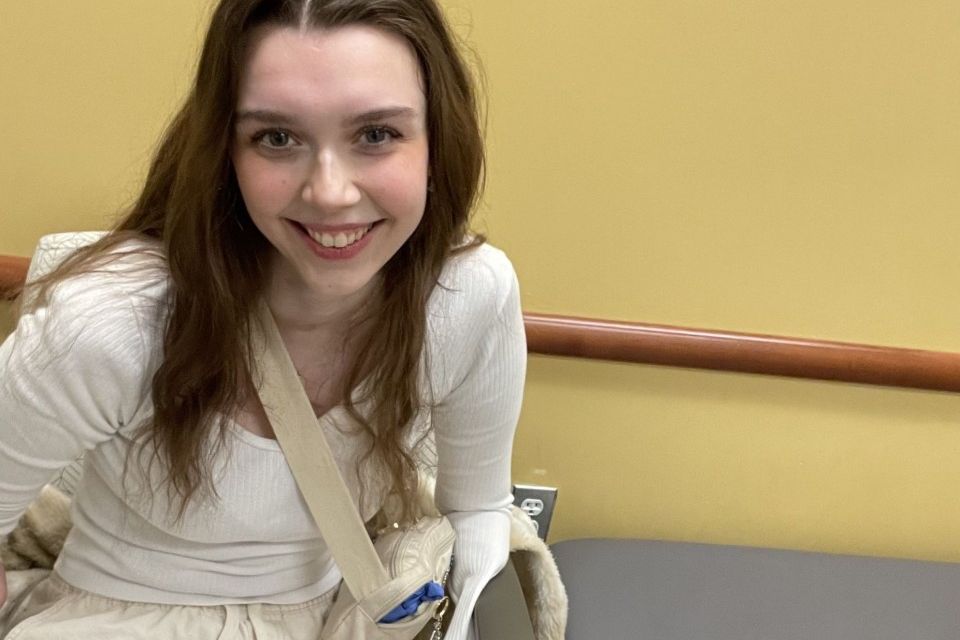
She’s a teen who loves to hike trails, dance, paint, read and put on make-up. Her Crohn’s condition has landed her in the hospital many times since she was fifteen, each visit a marathon of needles and tubes and new medicines. But Amalie Henze’s spirits always remained bright.
One October she is doing well, working at a wedding and then the next day she is in intensive care fighting for her life. She had stomach pain again but this time it was a different issue. Infection raged quickly into sepsis.
The fight for survival threw Amalie’s life in a new direction. She was just eighteen when doctors confided to her parents, as they wheeled her away for surgery, “She’s not going to survive this, but we will at least find out what caused it,” shares Amanda Henze, Amalie’s mother. “Crohn’s is a quality of life issue, not… this… sepsis,” continues Amanda, remembering her bewilderment. “But Amalie, bright and beautiful, is a fighter. She came through.”
She came through, but at the expense of both of her hands and feet. Now a four-way amputee, a daunting path of difficulty and uncertainty lies ahead but her strong will and buoyant ways predict that her future remains bright. “There was so much grief during that time,” Amanda explains, “and at the same time, pure joy that she made it! I remember a doctor saying, ‘I cannot believe that this child lived. There is no reason other than this kid is destined for something. This kid has purpose!’”
The fight for survival threw Amalie’s life in a new direction. She was just eighteen when doctors confided to her parents, as they wheeled her away for surgery, “She’s not going to survive this, but we will at least find out what caused it,” shares Amanda Henze, Amalie’s mother. “Crohn’s is a quality of life issue, not… this… sepsis,” continues Amanda, remembering her bewilderment. “But Amalie, bright and beautiful, is a fighter. She came through.”
She came through, but at the expense of both of her hands and feet. Now a four-way amputee, a daunting path of difficulty and uncertainty lies ahead but her strong will and buoyant ways predict that her future remains bright. “There was so much grief during that time,” Amanda explains, “and at the same time, pure joy that she made it! I remember a doctor saying, ‘I cannot believe that this child lived. There is no reason other than this kid is destined for something. This kid has purpose!’”
Many months later Amalie is putting the pieces back together. Her struggle with Crohn’s disease has greatly improved, always giving her hope that it’s in the past before it flares back up. “That’s okay,” tells Amalie in a cheerful tone. “It’s a process.”
Amalie is working hard to do her best on many fronts now, including finishing high school with the same optimism. “I am waiting for a specific I-pad to do my work on and it has been hard to get connected with a school board that wants to take me on as a student. They might assume the worst or might not realize how much I can do or they might be afraid that they won’t be helpful enough,” she ruminates as Reyna, the family’s orange cat, interrupts with noisy mewing. Amalie giggles along with her mom and sister Anais in the background. When her health and the red tape allows, she is ready for class.
“I’m antsy to get back into it. I really liked school when I was able to actually go. My favourite subject is English, but I like others, too. I wouldn’t mind being a writer. I like art but more on my own time, doing it when I don’t have a deadline and I can put my own creative spin on things.
“Plans?” she asks out loud. “I want an online school; I’m not going back to class in person. I didn’t really thrive in that environment anyway.” She explains that there was a lot of pressure to figure out her life at age eighteen and know exactly what she wanted to do. Sharing that now with a disability, there is more of a challenge. “But this [surviving sepsis] gave me time to think about what I want to do. Less what my teachers think I would be good at and more what I think I can do. More me. I am figuring out what my passion is. I’m hoping that finishing high school will give me a better idea of what I want to do.” Reyna meows in agreement, met with a laugh from Amalie, Amanda and Anais. Their pet dog Hiro, a husky, behaves quietly in another room. “She’s worth the allergy aggravation we have,” Amalie laughs.
When asked about her passions, Amalie says she used to be a gymnast and worked at a fancy hotel setting up for weddings. “But that was just a job. I am a perfectionist and I did thrive in that environment.
“I grew up in the YouTube generation. We would watch a lot of stuff on the internet growing up. Career-wise I would like to do more videos… the only thing, in Canada, it’s difficult to monetize.” Amalie is using social media to share her story of sepsis recovery publicly, creating videos that can be seen on TikTok, Instagram, YouTube and other sites. Educating others about sepsis is important to her.
“I’m antsy to get back into it. I really liked school when I was able to actually go. My favourite subject is English, but I like others, too. I wouldn’t mind being a writer. I like art but more on my own time, doing it when I don’t have a deadline and I can put my own creative spin on things.
“Plans?” she asks out loud. “I want an online school; I’m not going back to class in person. I didn’t really thrive in that environment anyway.” She explains that there was a lot of pressure to figure out her life at age eighteen and know exactly what she wanted to do. Sharing that now with a disability, there is more of a challenge. “But this [surviving sepsis] gave me time to think about what I want to do. Less what my teachers think I would be good at and more what I think I can do. More me. I am figuring out what my passion is. I’m hoping that finishing high school will give me a better idea of what I want to do.” Reyna meows in agreement, met with a laugh from Amalie, Amanda and Anais. Their pet dog Hiro, a husky, behaves quietly in another room. “She’s worth the allergy aggravation we have,” Amalie laughs.
When asked about her passions, Amalie says she used to be a gymnast and worked at a fancy hotel setting up for weddings. “But that was just a job. I am a perfectionist and I did thrive in that environment.
“I grew up in the YouTube generation. We would watch a lot of stuff on the internet growing up. Career-wise I would like to do more videos… the only thing, in Canada, it’s difficult to monetize.” Amalie is using social media to share her story of sepsis recovery publicly, creating videos that can be seen on TikTok, Instagram, YouTube and other sites. Educating others about sepsis is important to her.
Read the full article by clicking the link below.

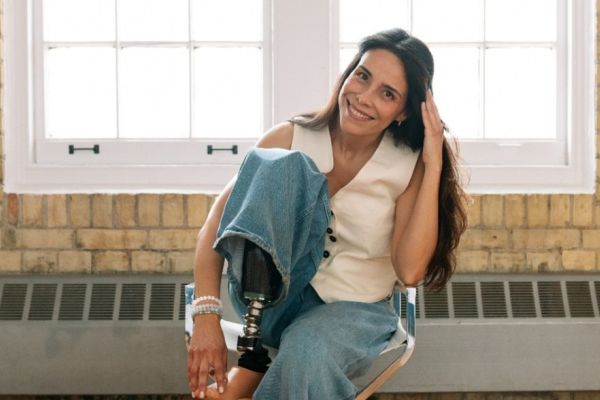
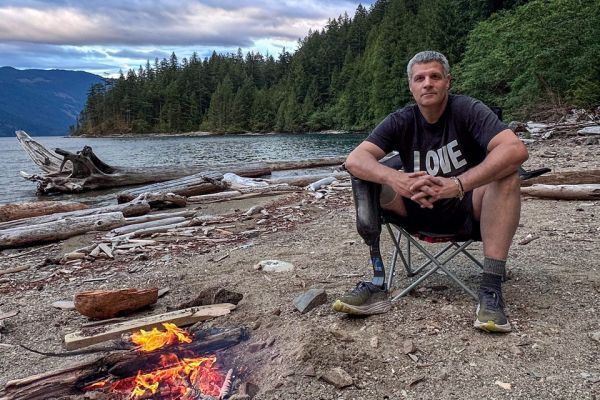
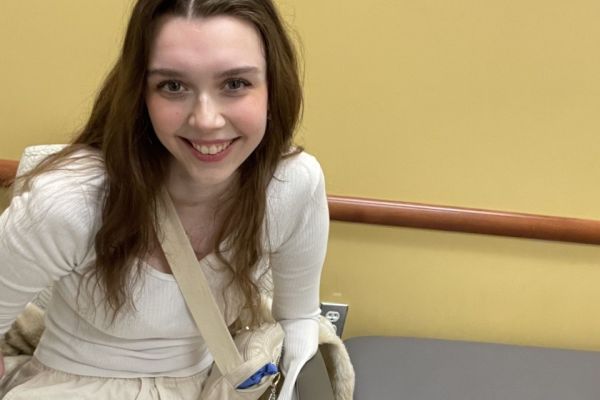
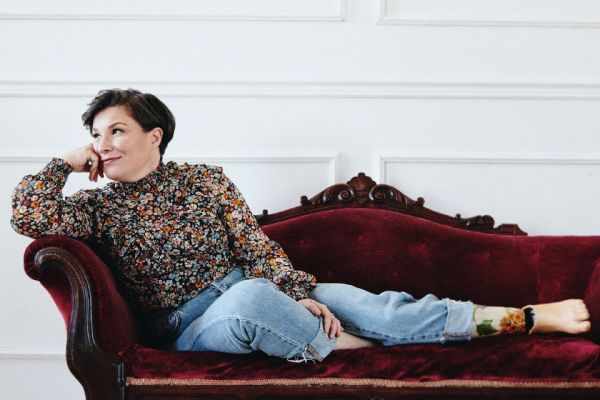
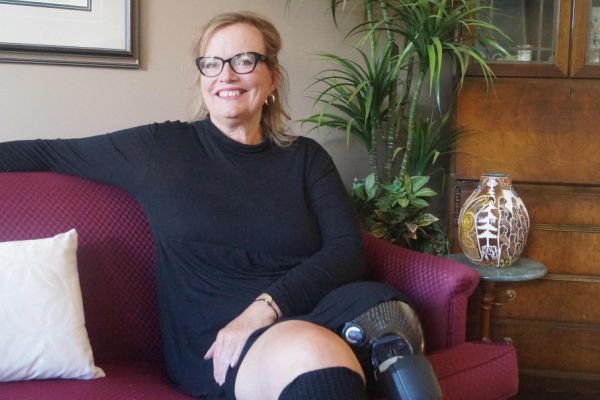
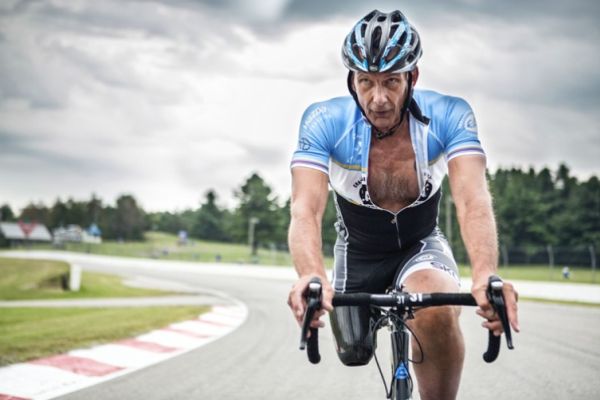
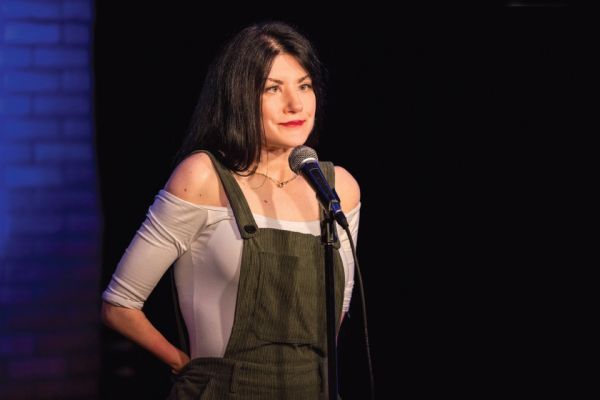
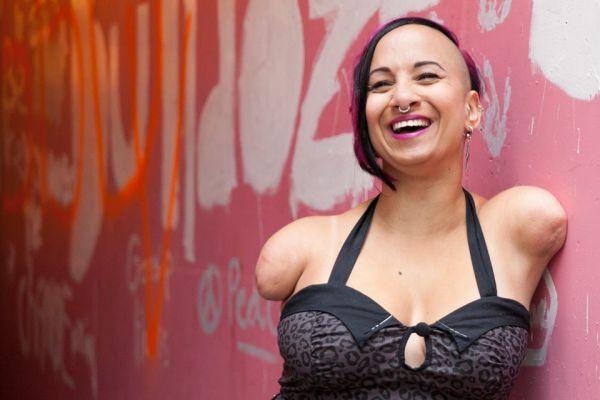
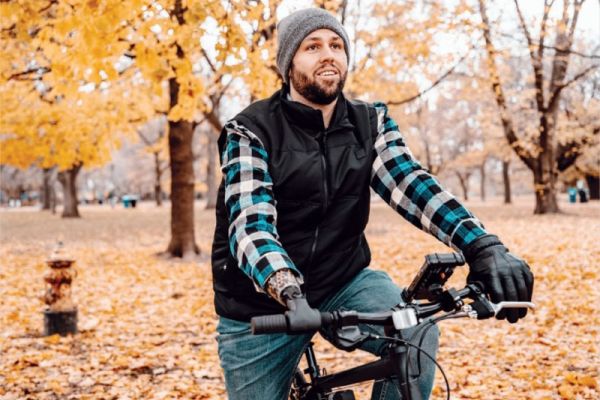
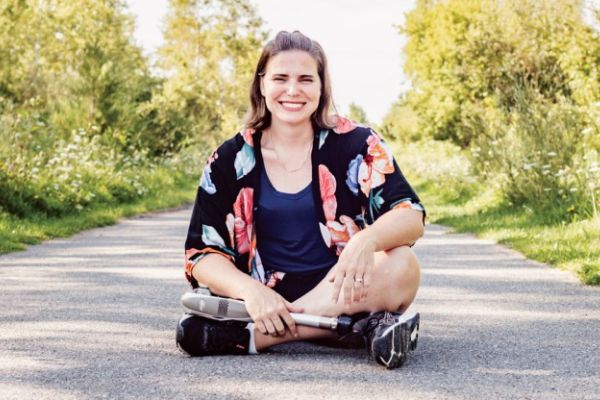
 How to resolve AdBlock issue?
How to resolve AdBlock issue?